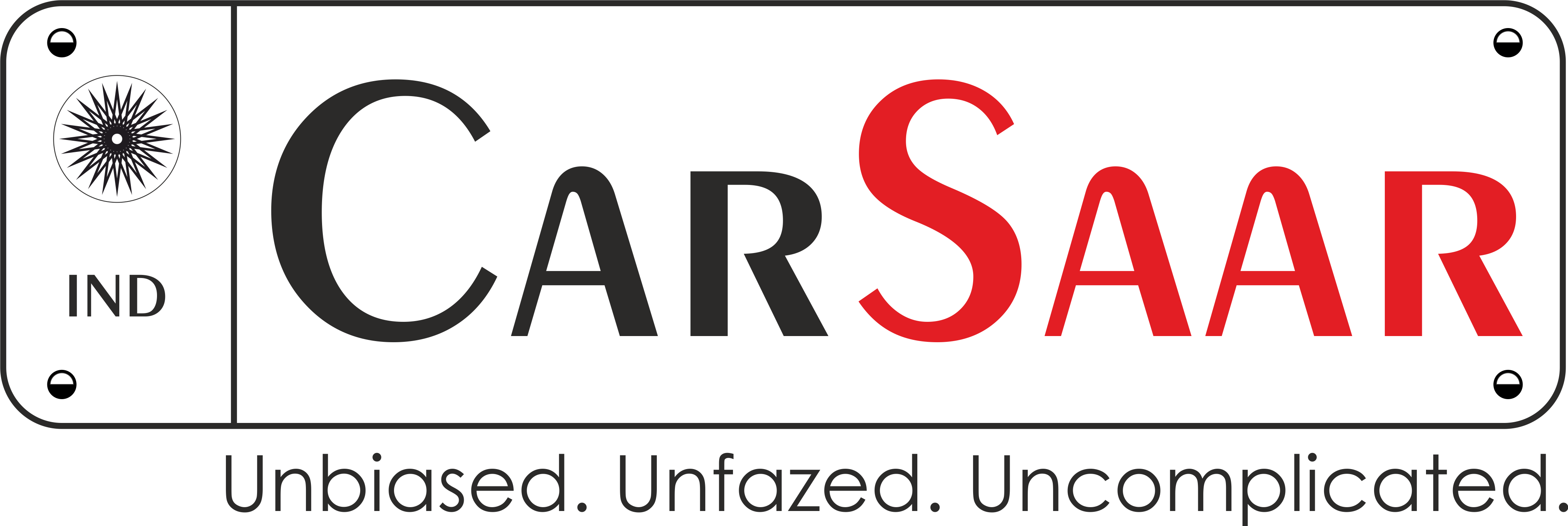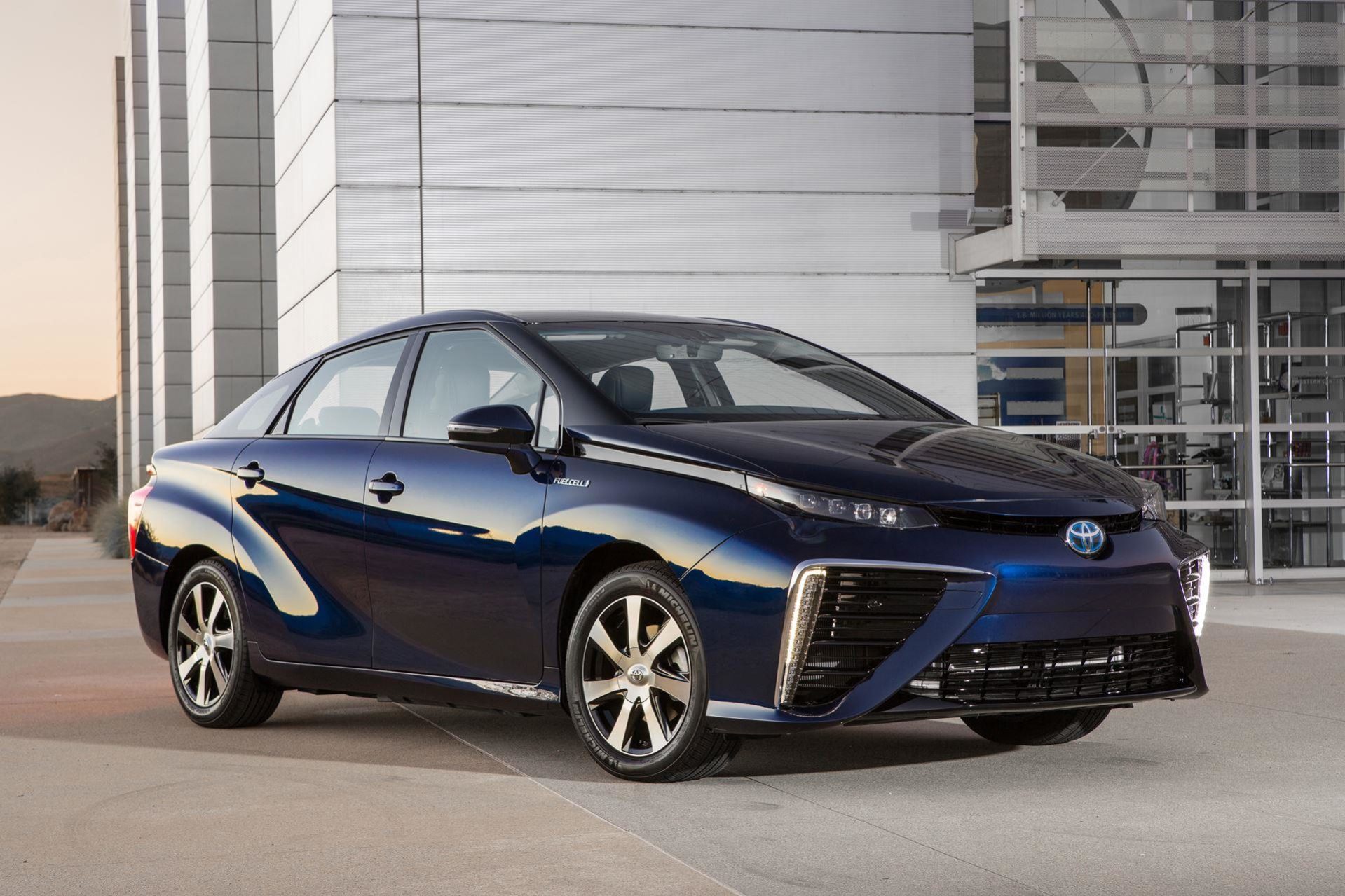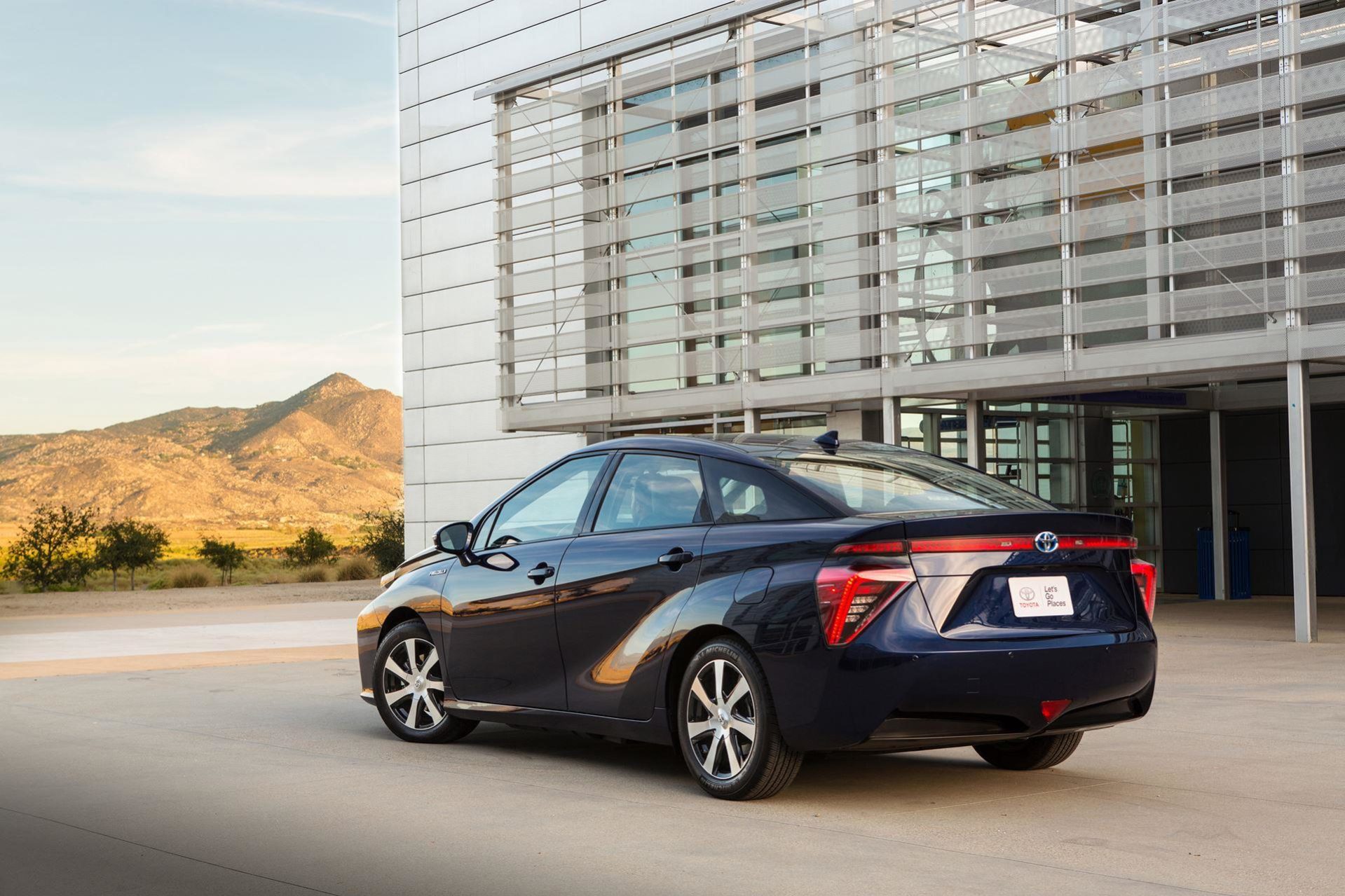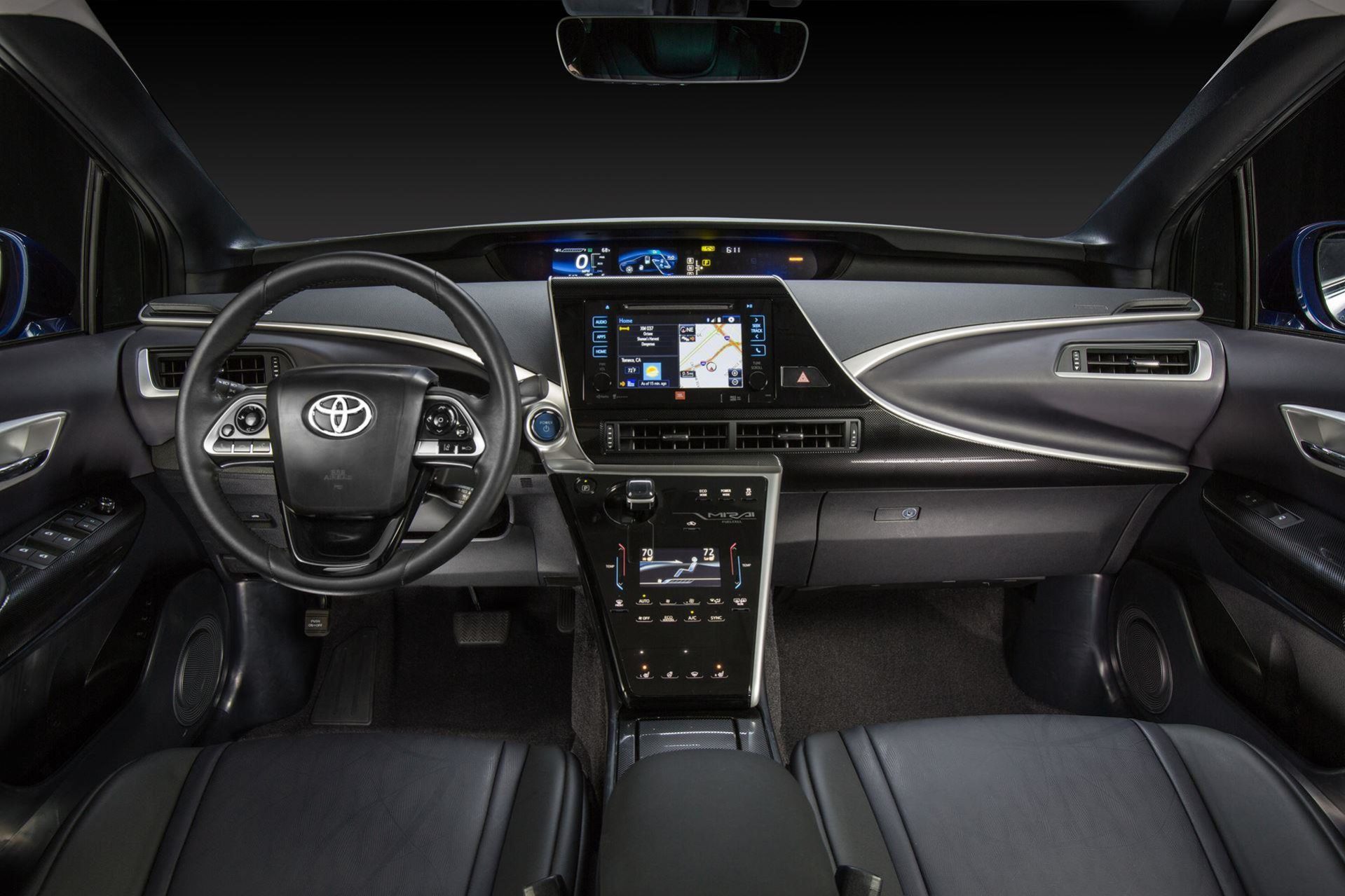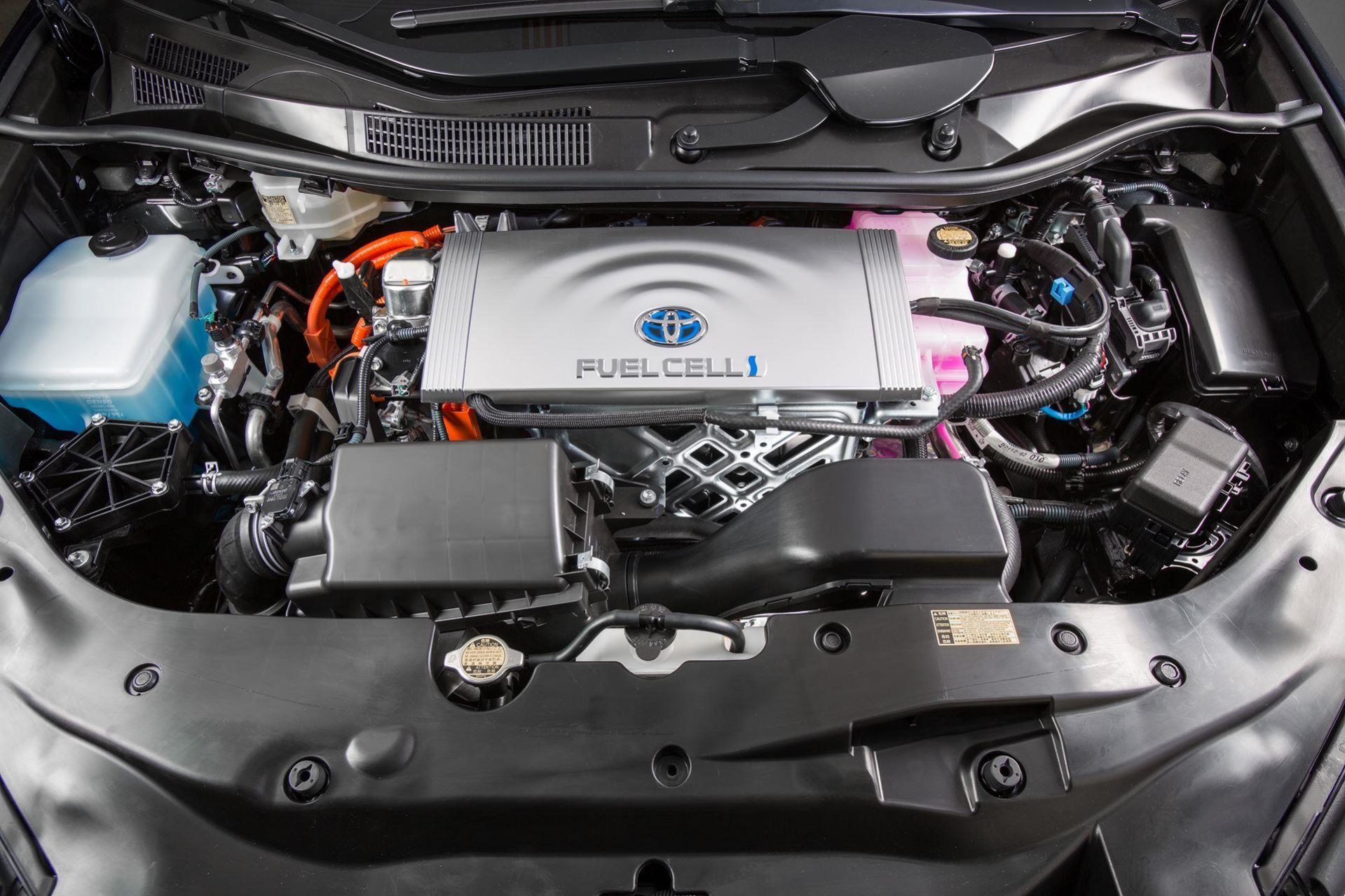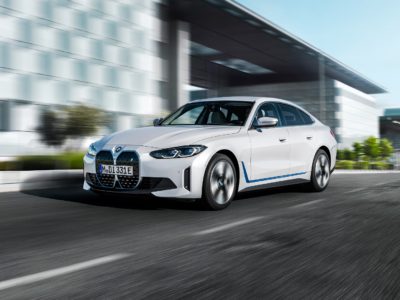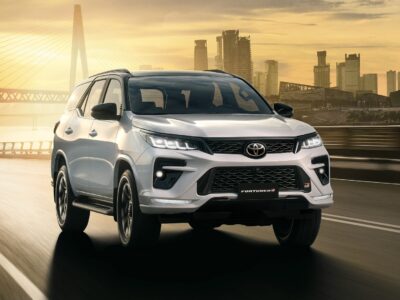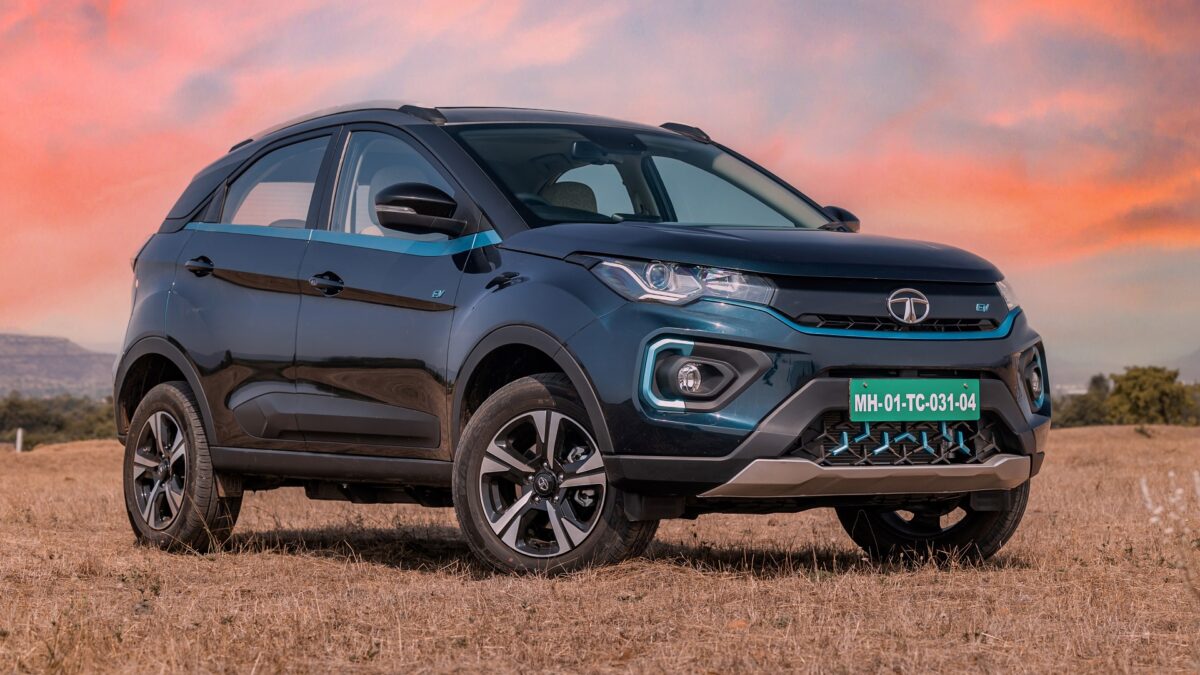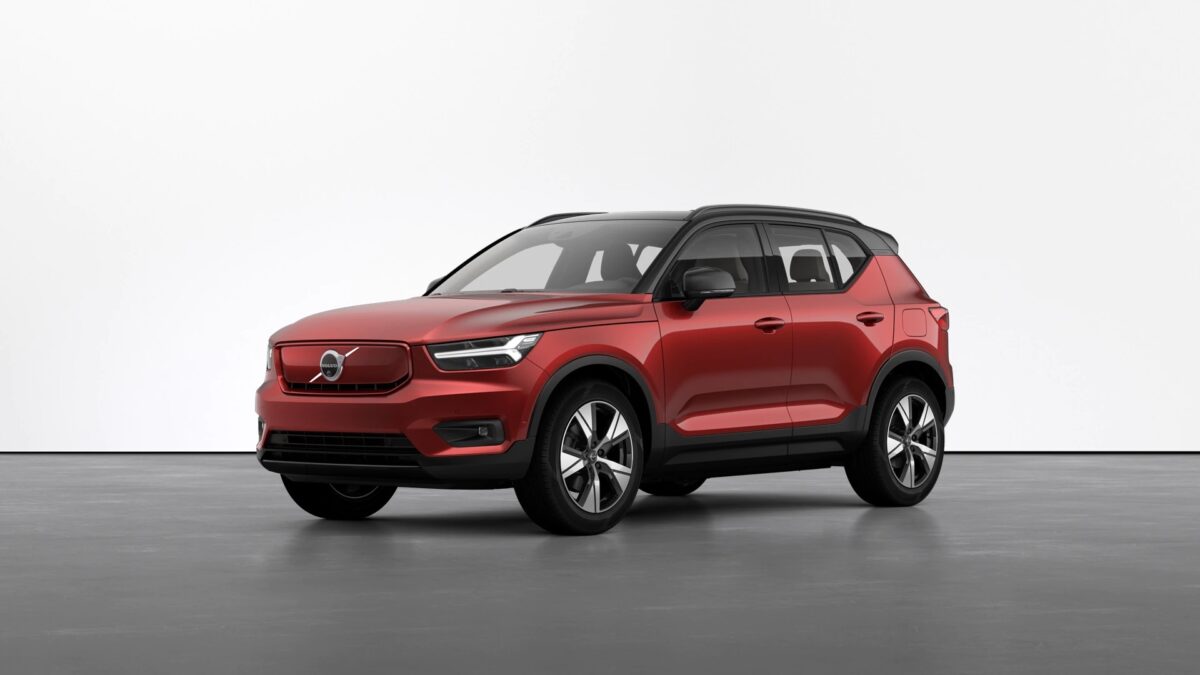Saar: The company confirmed it after the GST council slashed duty on hydrogen-fed vehicles.
We’ve always maintained that hydrogen is the fuel of future, including cars. India has seen the introduction of the hydrogen-powered vehicles but only is minute numbers and that too in the commercial space only. Now though, after GST (Goods and Services Tax) Council slashed the duty on hydrogen-powered vehicles, Toyota has confirmed that it might look into bringing the Mirai in India. It falls into a category popularly known as FCEV – Fuel-Cell Electric Vehicle.
According to a report, N Raja, deputy managing director, Toyota Kirloskar Motor, said:
“It is encouraging to see the government considering technology-agnostic solutions when it comes to controlling vehicular emissions. Looking at fuel-cell technology, it will definitely be considered now. However, cars such as the Mirai may still be unviable as importing them after paying steep duties will make them very expensive.”
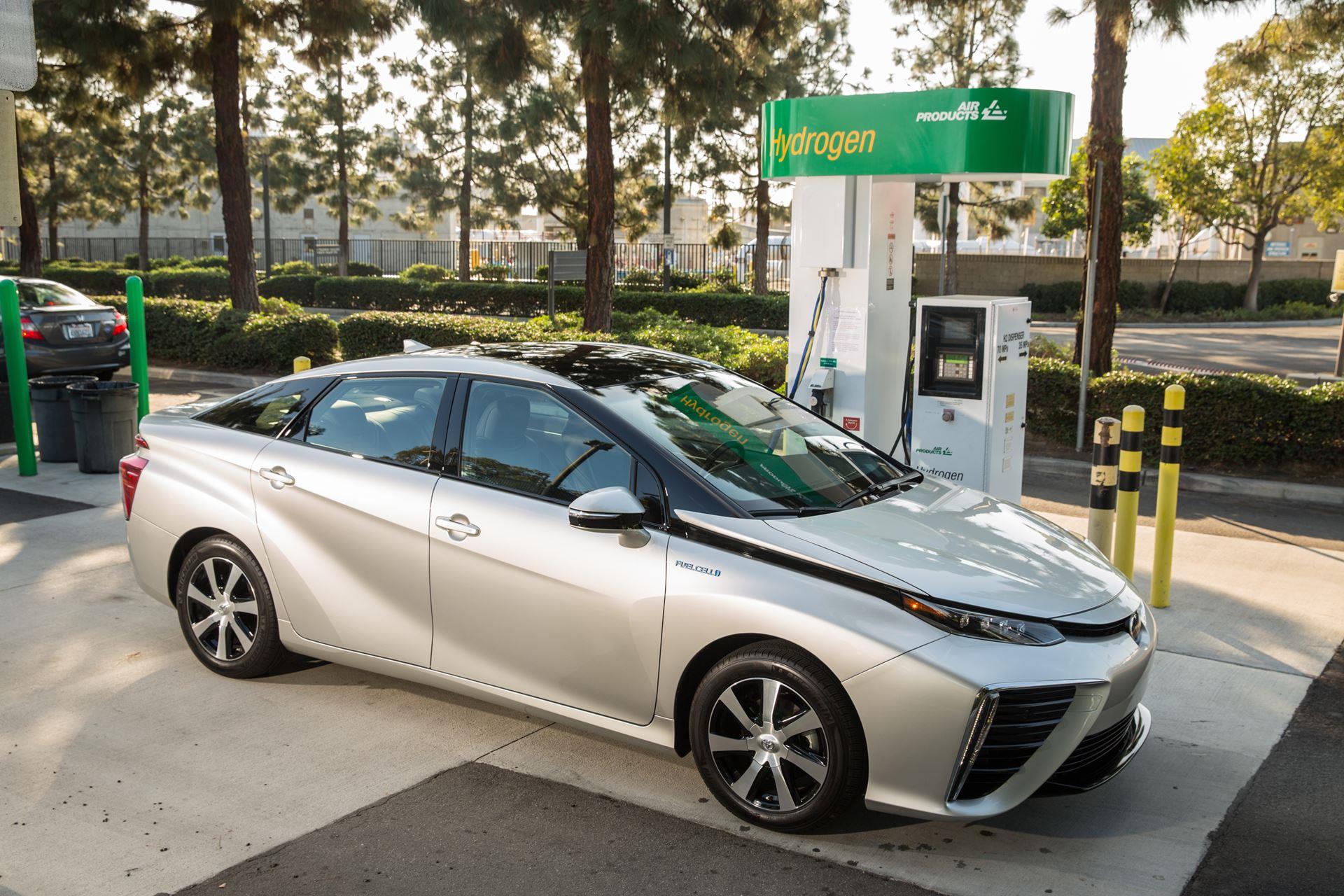
The Toyota Mirai is currently the only vehicle in the company’s portfolio that features hydrogen fuel-cell technology. The car has been on offer in countries where fuel stations have dispensers for compressed hydrogen. The said fuel is fed to the fuel-cell and that’s where it combines with oxygen from the air to generate electricity. The electricity is used to power the electric motor which drives the wheels of the Mirai. The only emission out of the exhaust pipes is water vapour. That means, like battery-electric vehicles, the Mirai produces zero harmful emissions.
As a working concept of a zero-emissions powerplant, hydrogen fuel-cell shows a lot of promise. Even more than a battery-electric powertrain. Hydrogen is the most abundant element in the universe and hence it will never run out. Even our solar system’s Sun is powered by hydrogen! Anyway, unlike battery-electric cars which, at best, take at least 20-30 minutes to recharge, the hydrogen-powered cars can get their tanks filled in under five minutes. That’s more like a slightly extended version of a today’s fuel stop.
Then is the question of range. A standard battery-electric car would run out of juice in about 300km. Mind you, the battery-electric cars currently available in India can run up to a maximum of 150km and take around 90 minutes to recharge using a fast-charger. The Toyota Mirai, on the other hand, claims a mileage of nearly 550km on a single tank of compressed hydrogen.
Maruti Suzuki’s Version Of Corolla Will Get 1.5-Litre Petrol Hybrid From Ciaz
The only reason why hydrogen hasn’t seen the anticipated traction from the world of automobiles is that the technology that goes into putting a hydrogen-powered car together is high. Moreover, not all countries have the capability to supply compressed hydrogen to all the fuel-stations.
Toyota isn’t the only carmaker that has invested heavily in backing the potential of hydrogen fuel-cell technology. Other names include Honda, General Motors, Mercedes-Benz, BMW and Hyundai.
Source: ETAuto

